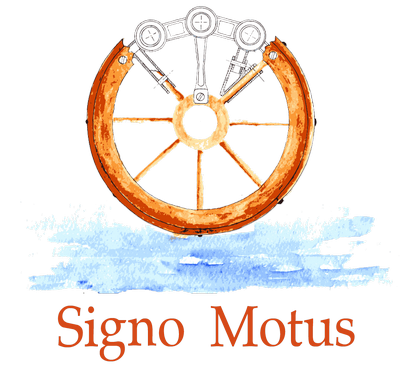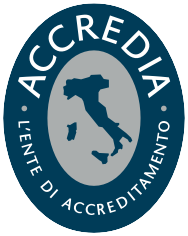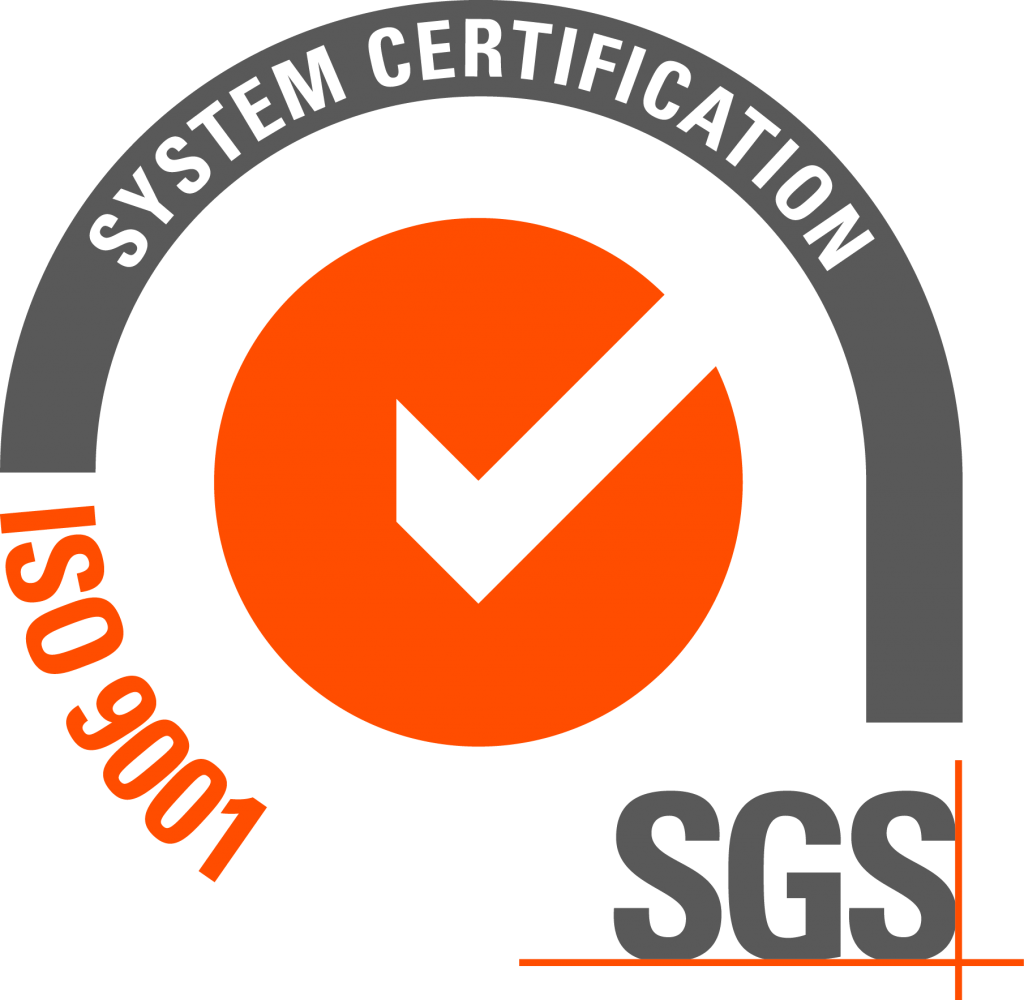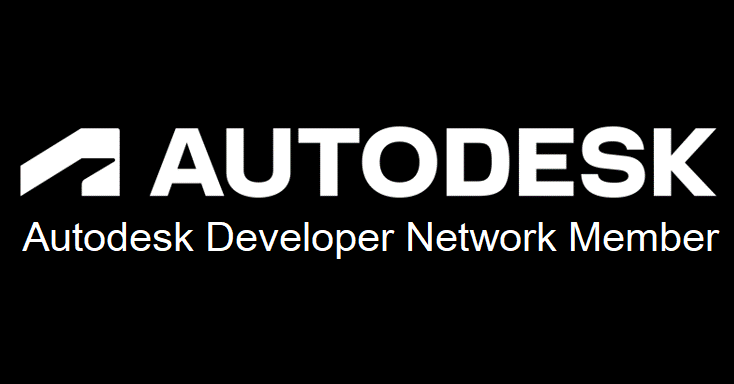
PCP-AUTISMO
PCP-AUTISMO: Innovative applications of Virtual and Augmented Reality for people with an autism spectrum condition (ASC)
(Phase I: August 2022 / November 2022)
(Phase II: January 2025 / September 2025)
- Programme: PCP-MUR (Italian Ministry of University and Research)
- Coordinator: Signo Motus
- Consortium: 2 partners (IT)
Abstract
The autism spectrum condition (ASC) is one of the most serious disabilities that manifest at a very young age and from which one does not recover for the rest of his life. It is characterized by difficulties in communication and in social interaction and by the presence of restricted and stereotyped behaviors and interests. All of these aspects can also be accompanied by intellectual disability which can be mild, moderate or serious.
The object of the contract is the execution of a research and development program aimed at the creation of a solution that includes technologies for human-machine interaction, such as virtual reality (VR), augmented reality (AR) and similar, to make enabling interventions on people on the autistic spectrum more efficient, for the purpose to improve the quality of life of the entire social context that surrounds it. The catchment area will be primarily made up of people on the autism spectrum aged from 6 years old, included in the two cycles of primary and secondary school education, up to the age at which the person begins a training course in working environment. The solution must be flexible and dynamic with respect to the specific needs of the person ASC in relation to age, the different profiles of the autism spectrum and the level of learning acquired.
It will have to give social and health workers the opportunity to have tools aimed at improving their capabilities socio-communicative communication between the ASC person and the other people involved in the interventions. The solution should be can also be used outside the reference therapeutic centers, in social contexts such as the family one, scholastic, recreational as well as at the hospitals in the Area Vasta Sud Salento (Territorial Area). In such sense it is required that the proposed solution includes the possibility of training non-specialized personnel present within public structures and who could potentially interact with ASC people. Furthermore, the use of the solution must also produce benefits for the proposing Administration, making available to the latter useful information for decision-making processes relating to planning and to the allocation of resources for social policies and in particular for autism.
The proposed solution is aimed at the implementation of an innovative service based on a modular interoperable ICT platform aimed at supporting the territorial health and socio-health care network.
PHASE I is dedicated to:
- detailed definition of the functional and user requirements obtained through the participatory approach (User Centered Design - UCD);
- definition of technical specifications through requirements analysis;
- executive design of the solution with activity planning and drafting of the detailed work plan with related Quality Plan and risk analysis.
PHASE II includes the progressive development of the platform, the implementation of the beta version and the execution of functional tests, with iterative evaluation by users (participatory approach).
PHASE III will be dedicated to the development of the final version of the platform and its implementation in the pre-established operational context, to conduct the experimentation and validate the platform as described in the test plan.
The partnership consists of:
- Signo Motus srl;
- Fondazione Stella Maris.


